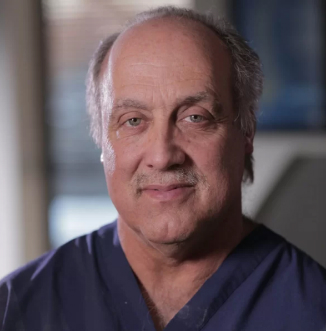We’re pleased to announce that Pain Physicians of Wisconsin is now Pro Spine Pain.
We’re pleased to announce that Pain Physicians of Wisconsin is now Pro Spine Pain.
An unfortunate reality for some patients is to find that their pain has worsened after surgery. In some cases, the pain may even intensify beyond pre-surgery levels, with symptoms resurfacing shortly or even months afterward. This condition is known as failed back surgery or failed surgery spinal pain, and it can impact any area of your spine, causing frustration for both you and your surgeon.
In addition to recognizing the symptoms of failed back surgery, you should also understand the statistics. Studies show failed back surgery cases range from 10% to 40% after lumbar laminectomy surgeries and 5% to 36% after discectomy (lumbar herniated disc) procedures.
Having another surgery isn’t always the solution. Success rates decline with each subsequent procedure after failed back surgery, dropping to 30% for the second, 15% for the third, and only 5% for the fourth.
Risk factors for failed surgery spinal pain can arise before, during, or after the procedure.
The following preoperative factors may result in failed back surgery:
These intraoperative risk factors may lead to failed back surgery syndrome:
The following postoperative factors may cause failed back surgery syndrome:

Thomas Stauss, MD, completed both his undergraduate and medical studies at the esteemed University of Wisconsin in Madison. Dr. Stauss values having access to a wide array of cutting-edge treatment options, ensuring effective relief for his patients' discomfort and a significant enhancement in their quality of life. More specifically, he specializes in utilizing implanted devices to manage chronic pain. Dr. Stauss’s primary objective is to uphold the dignity of each patient while delivering ethical and professional services.
More about Dr. Stauss